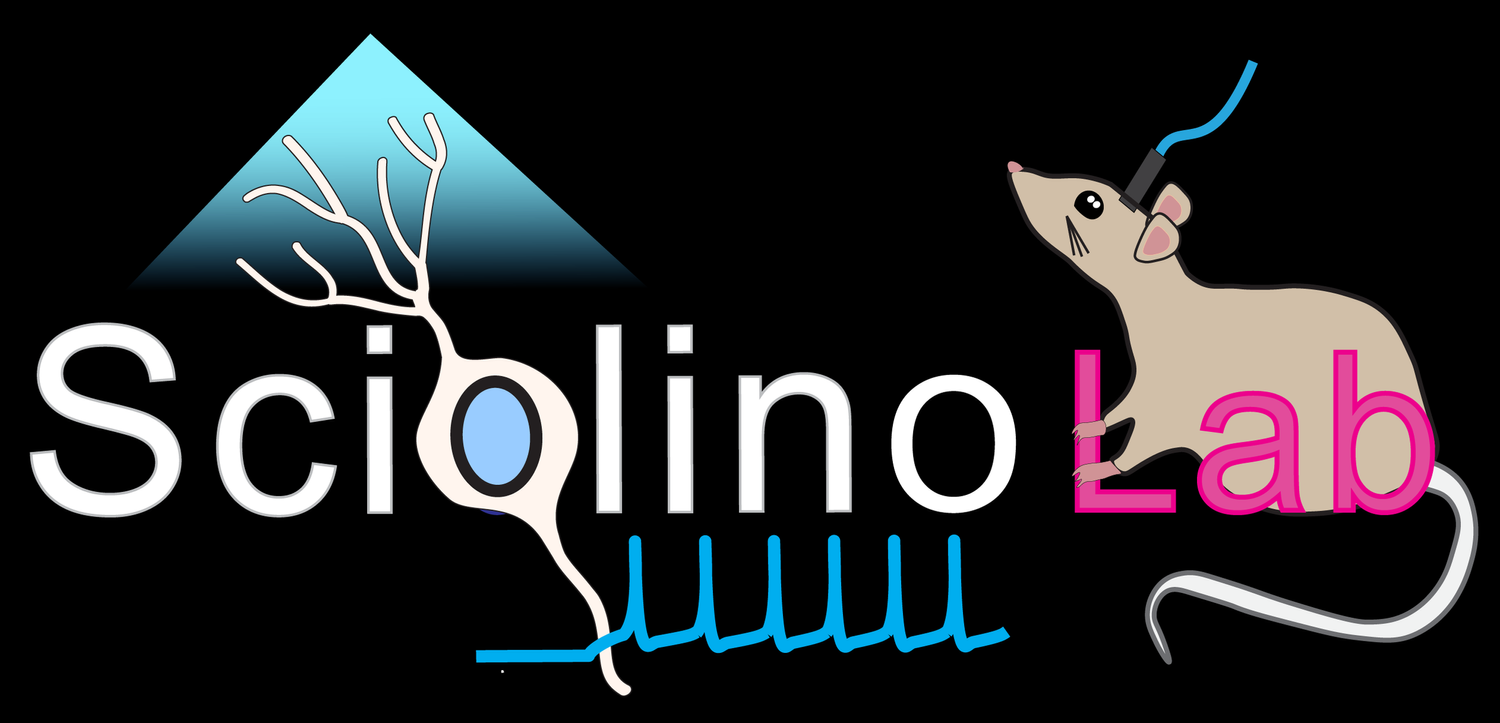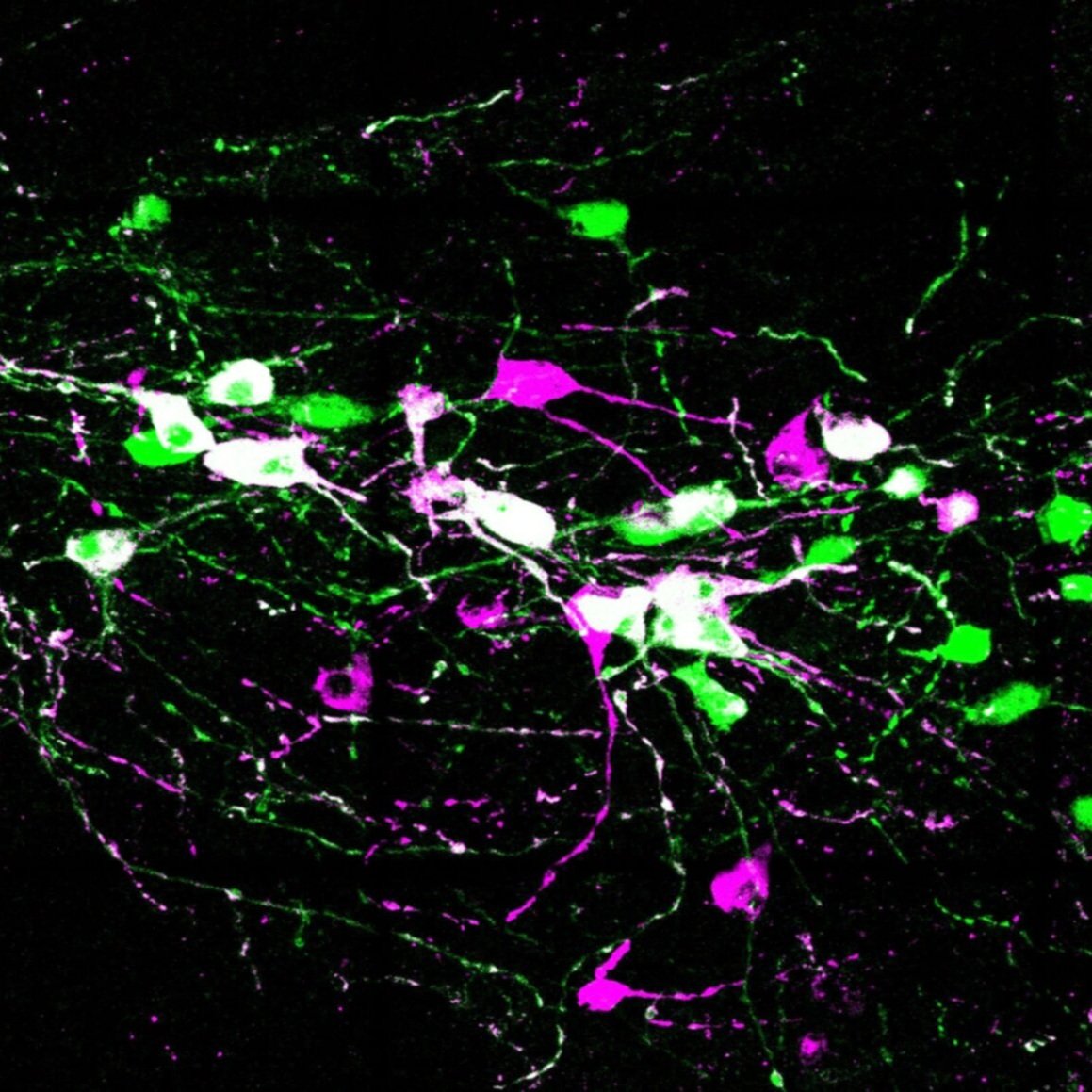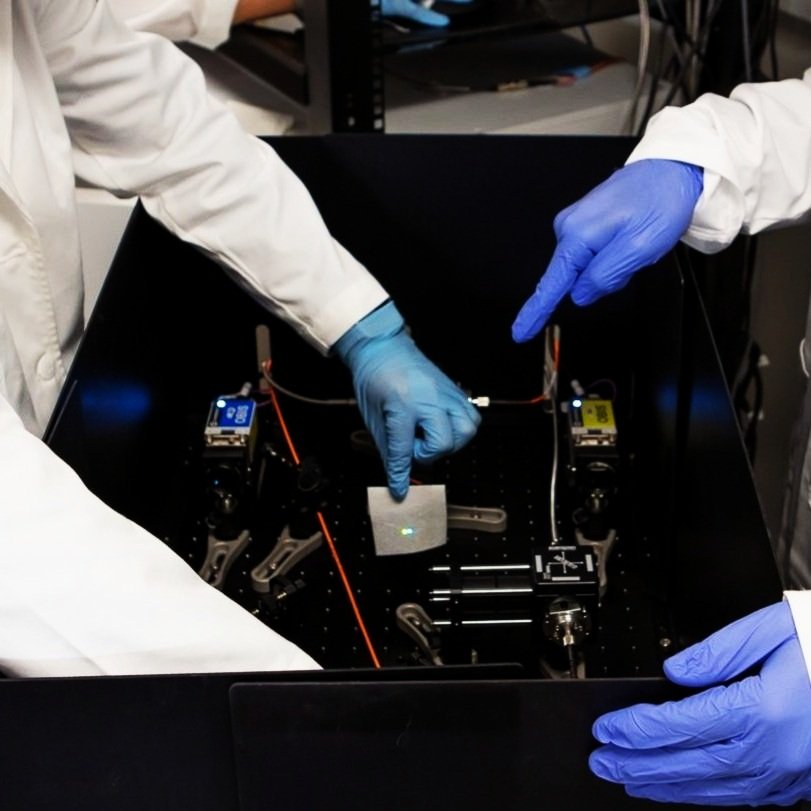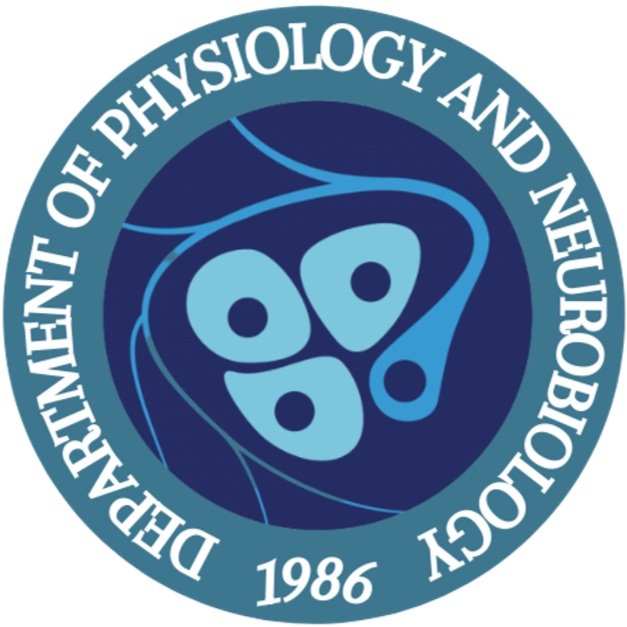
Neural Circuits in Motivated Behavior
Mission
Our research focuses on understanding how the central norepinephrine system regulates motivated behaviors, including both the pursuit of reward and the avoidance of danger. Our ultimate goal is uncover the neuromodulatory basis of neuropsychiatric and metabolic disorders.
We aim to:
1. Identify the norepinephrine (NE) neurons, pathways and receptors involved in motivated behaviors, such as feeding and responses to threat.
2. Determine the influence of NE activity on the neural integration of internal states (e.g., hunger, stress, arousal) and external stimuli (e.g., taste) to guide and shape motivated behaviors.
3. Discover basic neural mechanisms involved in the biology and treatment of feeding and psychiatric disorders
Approach
We use the latest advances in circuit neuroscience to understand the basis of motivated behavior, including:
Intersectional methods to express transgenes in specific cell types for anatomical & functional studies
Genetically encoded fluorescent indicators and sensors to monitor neuronal activity
Optogenetic & chemogenetic effectors to manipulate neuronal activity
State-of-the-art behavioral tracking systems
Hear Our Work
Natale Sciolino, PhD presents her lab’s research at Society for Neuroscience 2022 .
Where we are.
Discover UConn Research, and the innovations we are making in the Neurosciences at UConn.
We are located in the Department of Physiology & Neurobiology at the University of Connecticut on the beautiful Storrs Campus.




